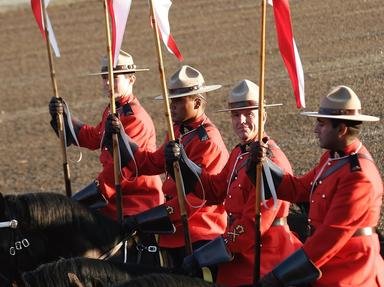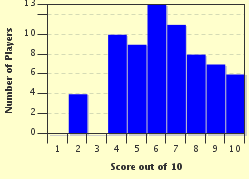Quiz Answer Key and Fun Facts
1. The area that is now occupied by the city of Vancouver was once indigenous territory. Which of the following tribes was NOT one of the First Nations of people to originally occupy the area?
2. Europeans first arrived in the area in 1791 when a sailor from which nation arrived in Burrard Inlet, where Vancouver is today, but kept sailing on without exploring the area?
3. Settlement in Vancouver and British Columbia as whole was slow until gold was discovered in what location in 1857?
4. After the gold rushes subsided in the 1860s, what became the predominant industry in Vancouver?
5. In 1871, which Canadian Prime Minister began the Canadian Pacific Railway, which has its western terminus in Vancouver?
6. What was the cause of the Great Fire of Vancouver that completely leveled the city on June 13, 1886?
7. Which lawyer became known as "the man who flattened the Rockies" because he successfully negotiated a decrease in freight rates for the port of Vancouver, likely saving the city from economic destruction in the 1920s?
8. Which group of people were expressly forbidden to immigrate to Canada by an exclusion act passed in 1923? This bill had been pushed by British Columbia because of social unrest in Vancouver.
9. What kind of bombs were Fu-Go, bombs that Japan used unsuccessfully during World War II, to bomb Vancouver (and the western USA)?
10. Which Canadian freestyle skier won Canada's first official Olympic gold medal on home turf at the 2010 Winter Olympic Games in Vancouver
Source: Author
Joepetz
This quiz was reviewed by FunTrivia editor
gtho4 before going online.
Any errors found in FunTrivia content are routinely corrected through our feedback system.

